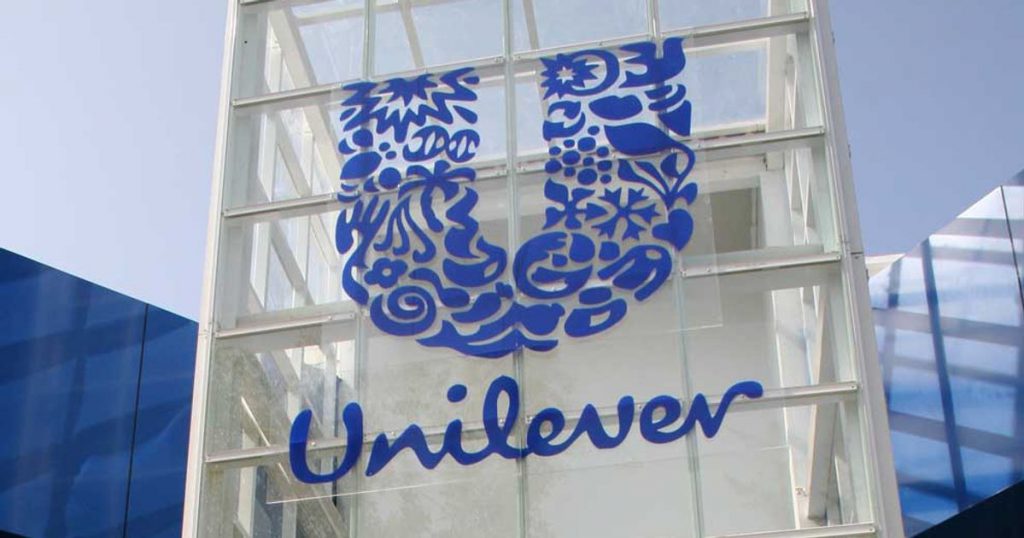
Do you believe Unilever sponsors the Shakti program to help women, to boost its own profits, or both? Explain your answer.
In recent years, the concept of corporate social responsibility (CSR) has gained more attention, and companies are expected to not only focus on maximizing profits but also contribute to the well-being of society. Unilever, a Dutch-British multinational company, has taken an innovative approach to CSR through its “Project Shakti” initiative in India. This program aims to empower rural women by providing them with the opportunity to become micro-entrepreneurs and earn a living for themselves and their families (Byars, 2018). This essay will examine the motives behind Unilever’s sponsorship of the Shakti program, its sustainability, and the potential for replication in other areas.
1. Do you believe Unilever sponsors the Shakti program to help women, to boost its own profits, or both? Explain your answer.
Unilever’s sponsorship of the Shakti program can be viewed as both altruistic and self-serving. On the one hand, the program provides economic opportunities for rural women who were previously unable to support themselves. It gives them the training and resources needed to establish their own businesses, which in turn, increases their self-esteem and sense of empowerment. This demonstrates Unilever’s commitment to social responsibility and its desire to make a positive impact on society.
On the other hand, the Shakti program also benefits Unilever’s business. By training women to become distributors of Unilever’s products, the company expands its reach into rural areas where traditional distribution channels may not exist. This increases sales and profits for Unilever while also providing a source of income for the women who participate in the program. Unilever has found a way to align its business interests with its social responsibility goals, which benefits both the company and the communities it serves.
2. If Unilever has mixed motives, does this discredit the company in your eyes? Should it?
Unilever’s mixed motives do not necessarily discredit the company. In fact, it is commendable that Unilever has found a way to create a sustainable business model that benefits both the company and the communities it serves. The Shakti program is an example of how businesses can use their resources to make a positive impact on society while also achieving their business goals.
However, it is important to note that the success of the program relies on Unilever’s commitment to social responsibility. If the company were to prioritize profits over the well-being of the communities it serves, the program would not be sustainable. Therefore, it is crucial for Unilever to maintain a balance between its business interests and its social responsibility goals.
3. How is this program an example of both corporate and personal sustainability?
The Shakti program is an example of both corporate and personal sustainability. From a corporate perspective, the program is sustainable because it aligns with Unilever’s business interests while also making a positive impact on society. By training women to become distributors of Unilever’s products, the company expands its reach into rural areas where traditional distribution channels may not exist. This increases sales and profits for Unilever while also providing a source of income for the women who participate in the program.
From a personal perspective, the program is sustainable because it empowers rural women to become micro-entrepreneurs and earn a living for themselves and their families. The women are given the training and resources needed to establish their own businesses, which in turn, increases their self-esteem and sense of empowerment. This creates a sustainable cycle of economic growth and development within the communities where the program operates.
4. Could this model program be duplicated elsewhere, in another area and with different products? Why or why not?
The Shakti program could be duplicated elsewhere, in another area and with different products. However, it would require a significant investment of time and resources to ad apt the program to the specific needs of each community. The success of the program relies on factors such as the availability of resources, the cultural context, and the willingness of the community to participate.
Additionally, the program’s success is also dependent on the commitment of the sponsoring company to social responsibility. If the company were to prioritize profits over the well-being of the communities it serves, the program would not be sustainable. Therefore, it is crucial for companies to maintain a balance between their business interests and their social responsibility goals.
In conclusion, Unilever’s Shakti program is an innovative approach to corporate social responsibility that benefits both the company and the communities it serves. By empowering rural women to become micro-entrepreneurs, Unilever expands its reach into rural areas while also creating a sustainable cycle of economic growth and development. The program’s success relies on Unilever’s commitment to social responsibility and the willingness of the community to participate. While the program could be duplicated elsewhere, it would require a significant investment of time and resources to adapt the program to the specific needs of each community.
References
Byars, S. (2018). Business Ethics. Retrieved from https://my.uopeople.edu/pluginfile.php/1693125/mod_page/content/12/BusinessEthics.pdf
